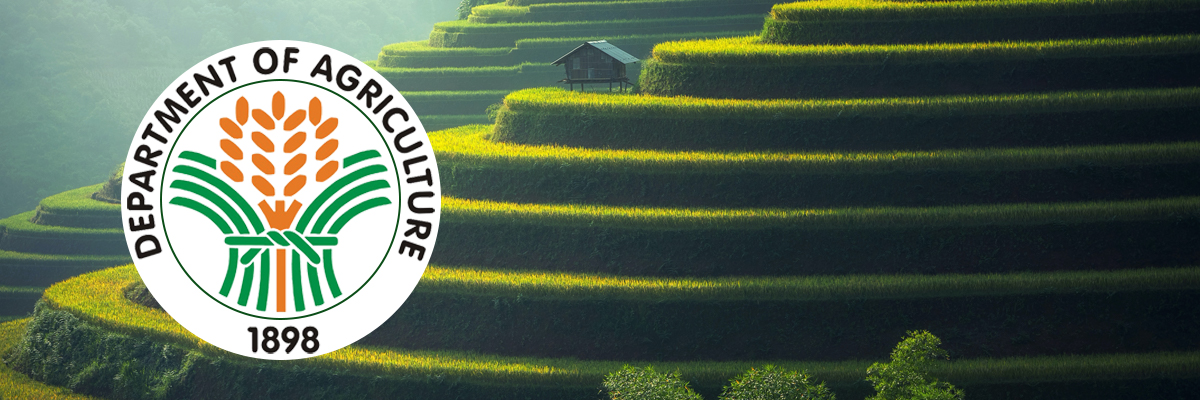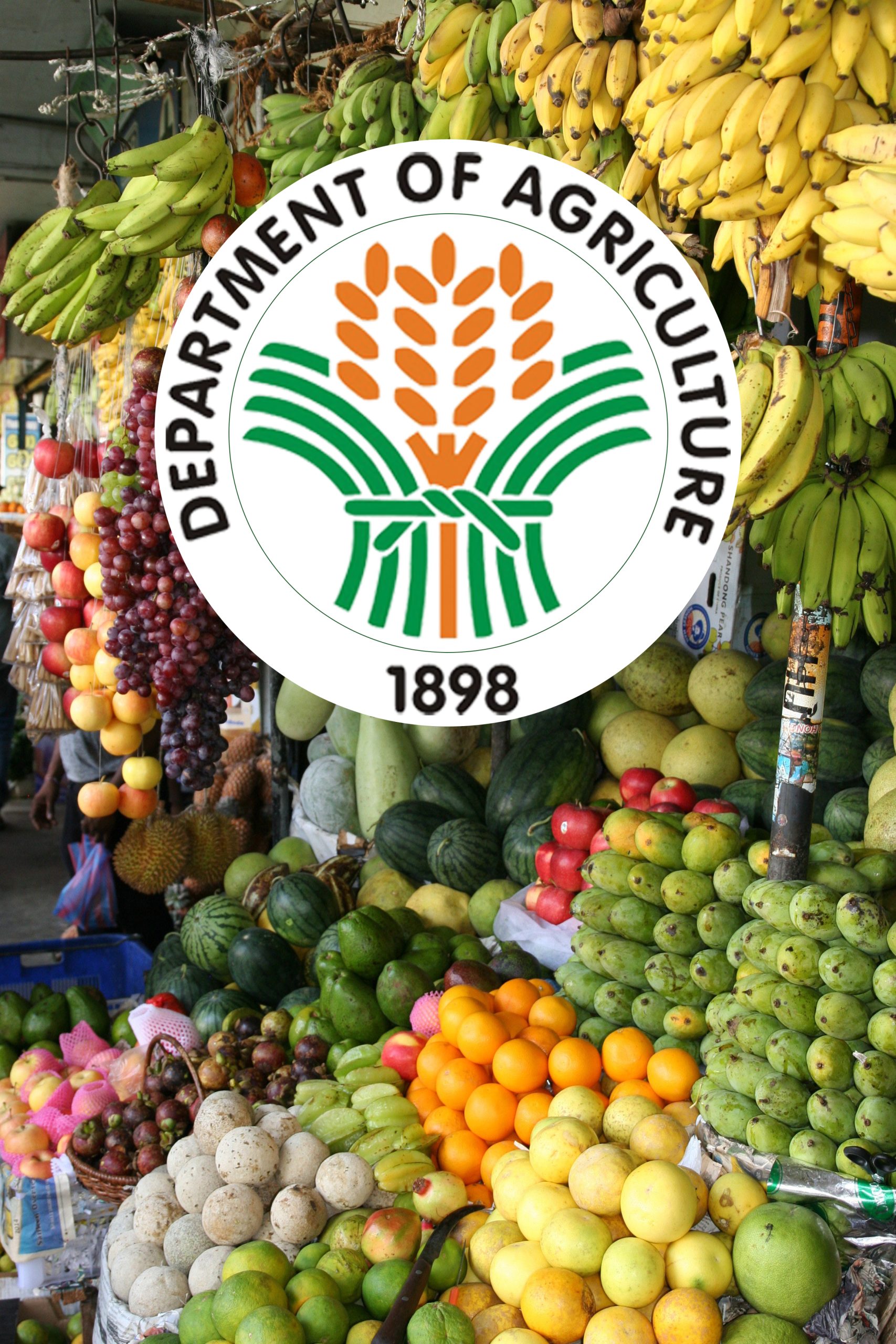In the Philippines, agriculture is a major player in the economy, making food safety a crucial issue. As such, the Department of Agriculture (DA) has taken up the responsibility of ensuring the safety and quality of agricultural products that reach the market. From meat and processed foods to fresh fruits, vegetables, animal feeds, fertilizers, and pesticides, the DA scrutinizes every aspect of the food industry. In this article, we will take you through their inspection procedures to provide insights into how you can make informed decisions about the food you consume and join hands with the government to enhance food safety in the country.
 What is the Department of Agriculture’s (DA) role in ensuring food safety in the Philippines?
What is the Department of Agriculture’s (DA) role in ensuring food safety in the Philippines?
Food safety is of utmost importance in the Philippines for producers and consumers. From the farm to the table, the government plays a vital role in ensuring that the country’s food supply is safe and healthy for consumption. One of the key players in this game is the Department of Agriculture (DA), whose work goes beyond simply promoting agriculture and providing support to farmers. Below is the DA’s role in ensuring food safety in the Philippines and how they contribute to the Filipinos’ health and well-being:
Setting standards and regulations
Setting standards and regulations is a critical task undertaken by the DA. With the increasing global concern over food safety, there has been a need to ensure that food products that enter the market meet specific standards. The DA works closely with the DOH and other government agencies to regulate the food supply chain by developing policies that meet Codex Alimentarius standards. Additionally, the DA ensures that all food products adhere to specific labeling requirements, including disclosing all components used in the product and the expiry date. It ensures that consumers can make informed decisions when purchasing food products, reinforcing their trust in the food industry.
Conducting inspections
Conducting inspections is a crucial step in ensuring that the food we consume is safe and healthy. The DA takes this responsibility seriously and conducts inspections at every stage of the food supply chain. Their specialists thoroughly examine the environment, equipment, and personnel involved in food production to ensure everything is up to code. Additionally, they ensure that proper handling and storage procedures are followed to maintain the quality and safety of the food products before they reach the consumers. By conducting inspections, the DA helps guarantee that we can eat confidently, knowing that our food has been thoroughly checked for quality and safety.
Operating surveillance systems
The DA has implemented surveillance systems that operate at the highest level to ensure the general public’s safety and limit the spread of foodborne illnesses. These systems allow for the thorough testing of food products, assessment of labeling and packaging regulations, and monitoring of food establishment sanitation requirements. The DA can quickly identify and trace potential hazards and control their spread by collecting information and analyzing data. Through these diligent efforts, the DA can better protect citizens and prevent negative health outcomes.
Providing education and training
The DA recognizes the importance of educating people about food safety to prevent foodborne illnesses. They organize various programs and training sessions for farmers, processors, and consumers to achieve this goal. These educational initiatives help raise awareness and promote the best food handling, storage, and distribution practices. Through campaigns, seminars, workshops, and lectures, the DA shares valuable knowledge on proper food management and potential hazards associated with the careless handling of food products. By providing education and training, the DA reduces healthcare costs and ensures the public’s safety when it comes to food consumption.
Collaborating with private and public sectors
Collaboration with the public and private sectors is crucial in addressing food safety issues. The Department of Agriculture, for example, has taken significant steps to partner with several institutions to ensure food safety in the Philippines. The DA conducts crucial research with academic institutions to identify new risks and develop measures to minimize them. Partnering with food manufacturers, the department encourages responsible and safe production practices to reduce the use of harmful chemicals. The DA also uses media outlets to spread awareness about food safety. By working alongside organizations such as the World Health Organization and the Food and Agriculture Organization; the government has access to cutting-edge technology and equipment that can be used to identify and manage food safety concerns. These collaborations enable the DA to stay ahead in ensuring safe food for all Filipinos.
 What Food Items are Inspected by the Philippines Department of Agriculture?
What Food Items are Inspected by the Philippines Department of Agriculture?
The Philippines Department of Agriculture (DA) is responsible for ensuring the safety of the food supply in the country. As part of their mandate, DA inspects food items sold and distributed in the country. These are the different food items the DA inspects and what consumers can do to protect themselves from contaminated food:
Meat and Poultry Products
Meat and poultry products are among the most important food items the DA inspects. The agency ensures these products are free from harmful bacteria such as Salmonella and E.coli. The DA also ensures that meat and poultry products are free from hormones and antibiotics that can harm human health. Consumers can identify inspected meat and poultry products by looking for the DA seal on the packaging.
Fish and Seafood Products
The DA also inspects fish and seafood products. The agency ensures these products are not contaminated with heavy metals such as mercury and lead. The DA also checks that fish and seafood products are not harvested from polluted waters. Consumers can protect themselves from contaminated fish and seafood by buying products with the DA seal on the packaging.
Fruits and Vegetables
The DA inspects fruits and vegetables to ensure they are safe for human consumption. The agency checks for the presence of harmful chemicals such as pesticides and herbicides. The DA also monitors ripening agents in fruits such as bananas and mangoes. Consumers can protect themselves from contaminated fruits and vegetables by buying products with the DA seal on the packaging.
Processed Food Products
The DA also inspects processed food products such as canned goods and snacks. The agency ensures these products are free from harmful bacteria and other contaminants. The DA also checks the labeling of processed food products to ensure that the ingredients used are safe for human consumption. Consumers can identify inspected processed food products by looking for the DA seal on the packaging.
Animal Feed and Fertilizers
The DA inspects animal feed and fertilizers to ensure they are safe for use in agriculture. The agency checks for harmful chemicals such as antibiotics and heavy metals. The DA also checks the labeling of animal feed and fertilizers to ensure they are not misbranded or adulterated. Consumers can protect themselves from contaminated animal feed and fertilizers by buying products with the DA seal on the packaging.
The Philippines Department of Agriculture is committed to ensuring the safety of the food supply in the country. The agency inspects food items such as meat, poultry, fish, fruits, vegetables, and processed food products. Consumers can protect themselves from contaminated food by buying products with the DA seal on the packaging. By doing so, they can help ensure that their food is safe, nutritious, and free from harmful contaminants.
